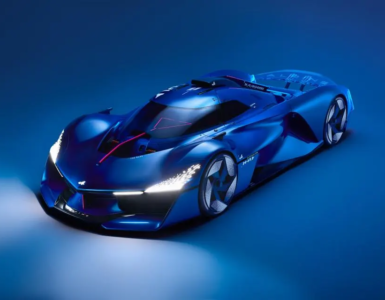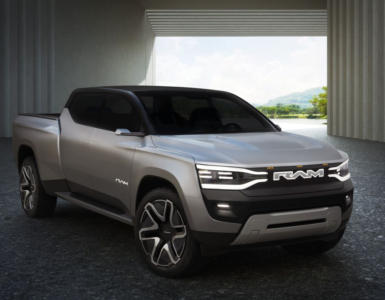BMW hydrogen fuel cell SUV to enter mass production as soon as 2025: executive.
Automaker eyes cooperation with Toyota beyond jointly developed iX5 Hydrogen.
BMW will start mass-producing and selling fuel cell vehicles developed jointly with Toyota Motor as early as 2025, sales chief Pieter Nota told Nikkei, outlining the German automaker’s push into greener cars amid increasingly strict environmental regulations in Europe.
BMW unveiled the fuel cell iX5 Hydrogen concept car at the International Motor Show Germany in September 2021. Small-scale production of the sport utility vehicle will begin before the end of 2022, the company had previously announced.
🔥 What about we co-host a webinar? Let's educate, captivate, and convert the hydrogen economy!
Hydrogen Central is the global go-to online magazine for the hydrogen economy, we can help you host impactful webinars that become a global reference on your topic and are an evergreen source of leads. Click here to request more details
FCVs can be refueled in three to four minutes — much faster than a battery electric vehicle. Though BMW has not revealed the iX5’s range, the model is equipped with two roughly 6-kilogram tanks to allow for long-distance travel.
Pieter Nota, sales chief said:
We see that hydrogen fuel cell technology is particularly relevant for larger SUVs.
The iX5 is based on BMW’s X5 SUV. BMW and Toyota have also jointly developed sports cars since partnering in 2013, released as the BMW Z4 and the Toyota Supra in 2019.
“We have various projects we work on with Toyota,” Nota said, hinting at further collaborations with the Japanese automaker.
BMW will also accelerate its shift toward electric vehicles. It currently aims for 50% of groupwide new sales — also including the Mini and Rolls-Royce brands — to be electrics by 2030. EVs have been making up a larger portion of sales than expected, and “maybe if the current speed stays, we can reach that 50% one or two years earlier,” Nota said.
But Nota pointed to hurdles that remain for EVs. Charging “infrastructure is not the same everywhere,” he said. He also cited a lack of availability of necessary materials.
Gasoline engine vehicles, including hybrids, are still expected to constitute around half of group sales in 2030. “We are also keeping up our investment on the combustion engine side,” Nota said.
“We do believe in the importance of various technologies — battery electric vehicles, also hydrogen and efficient combustion engines — because we don’t want to put all our investment in one area,” he said.
A protracted parts shortage looms large over BMW’s strategy. EVs require more chips than engine vehicles, and automakers across the board are under pressure to secure enough of a supply.
BMW is responding to the challenge by securing long-term contracts to source chips used by its parts suppliers. It signed a contract with Inova Semiconductors and GlobalFoundries in late 2021 for smart-LED chips.
BMW is believed to be guaranteed millions of units a year under the deal. BMW plans to expand this approach both in terms of total volume and in the variety of semiconductors.
Big auto suppliers like Bosch and Continental have traditionally held significant buying power in Europe. But given the global semiconductor shortage, automakers cannot secure enough chips by relying solely on these suppliers, Nota said, explaining the BMW’s push to expand its own supply chains.
READ the latest news shaping the hydrogen market at Hydrogen Central
BMW fuel cell SUV to enter mass production as soon as 2025: executive, Tokyo, August 12, 2022








